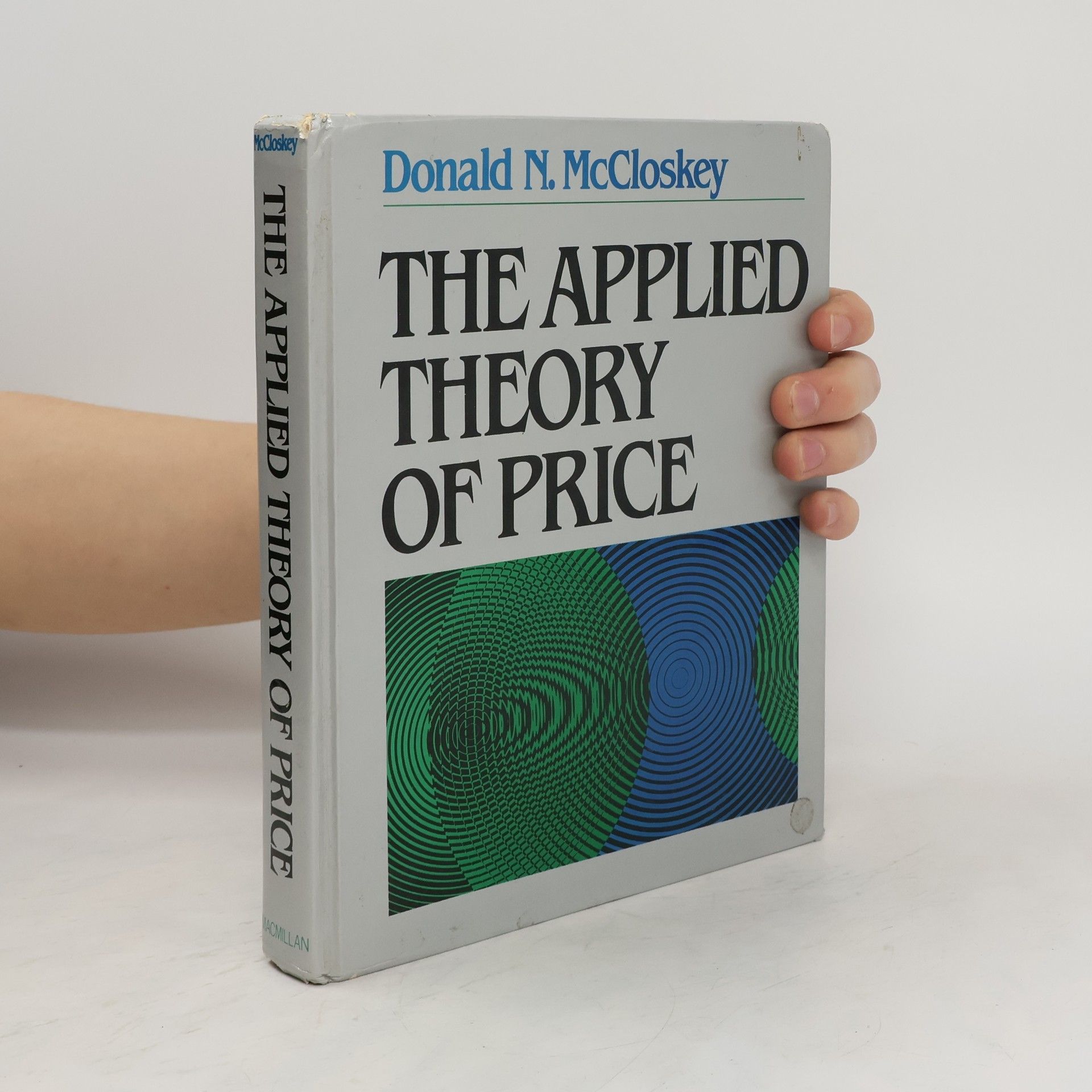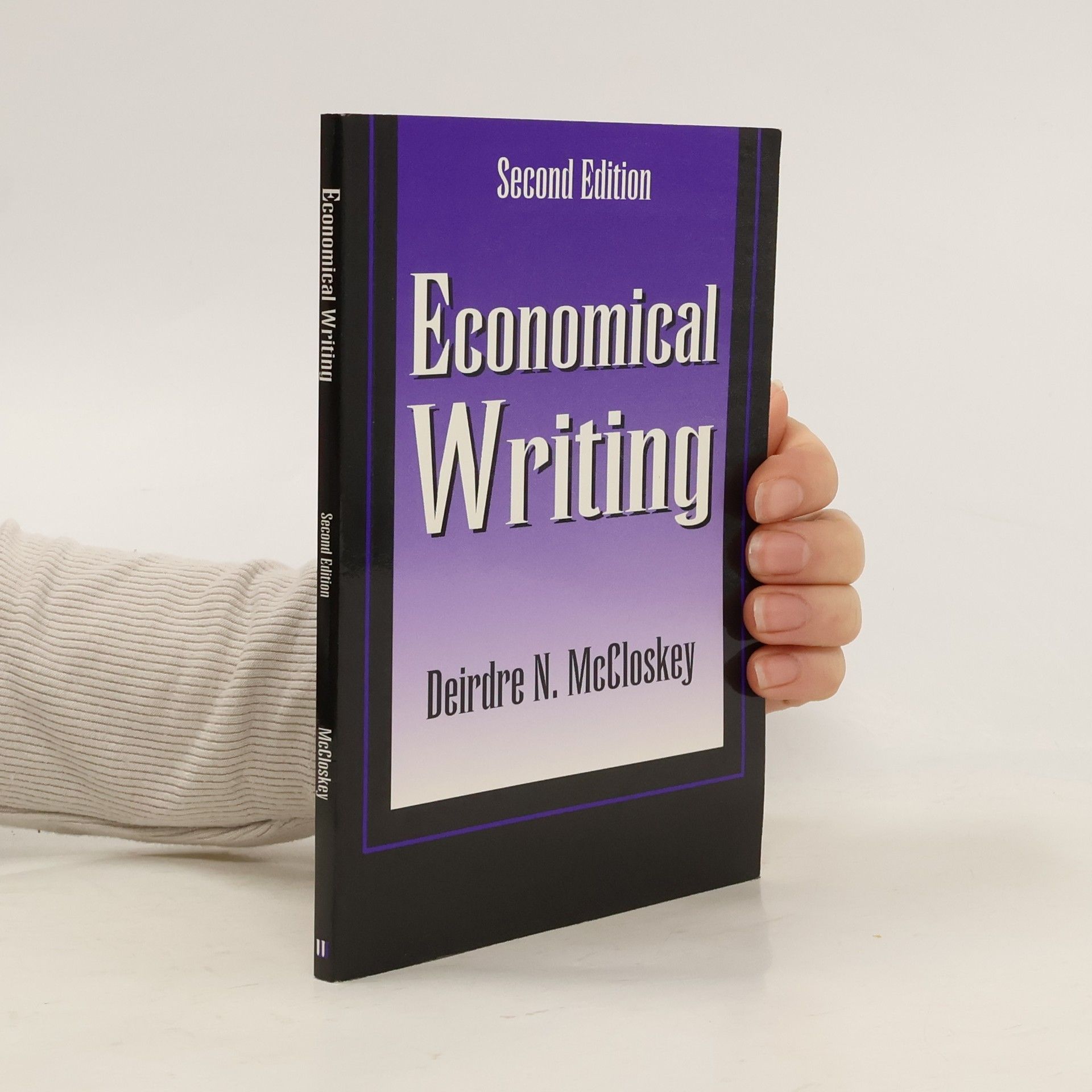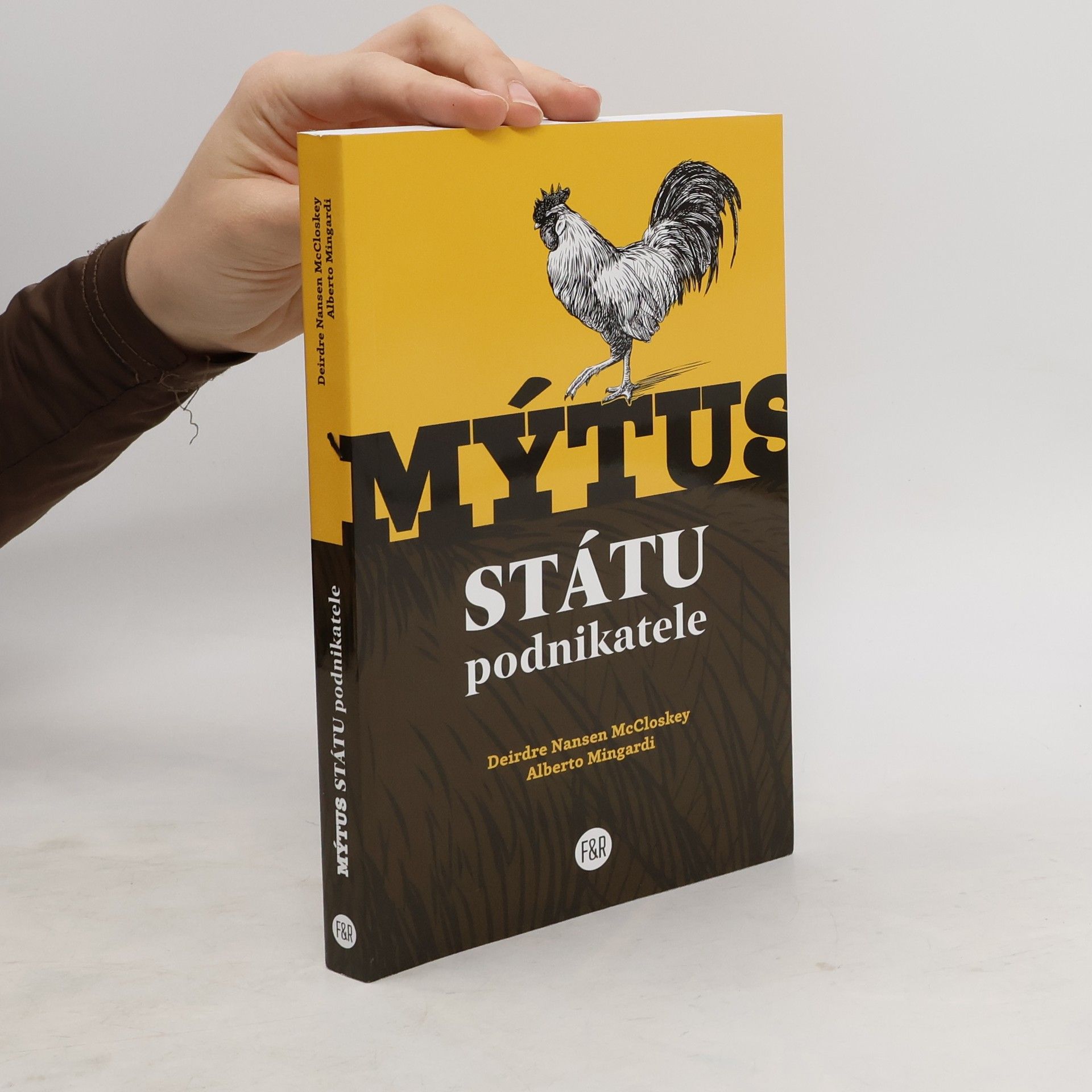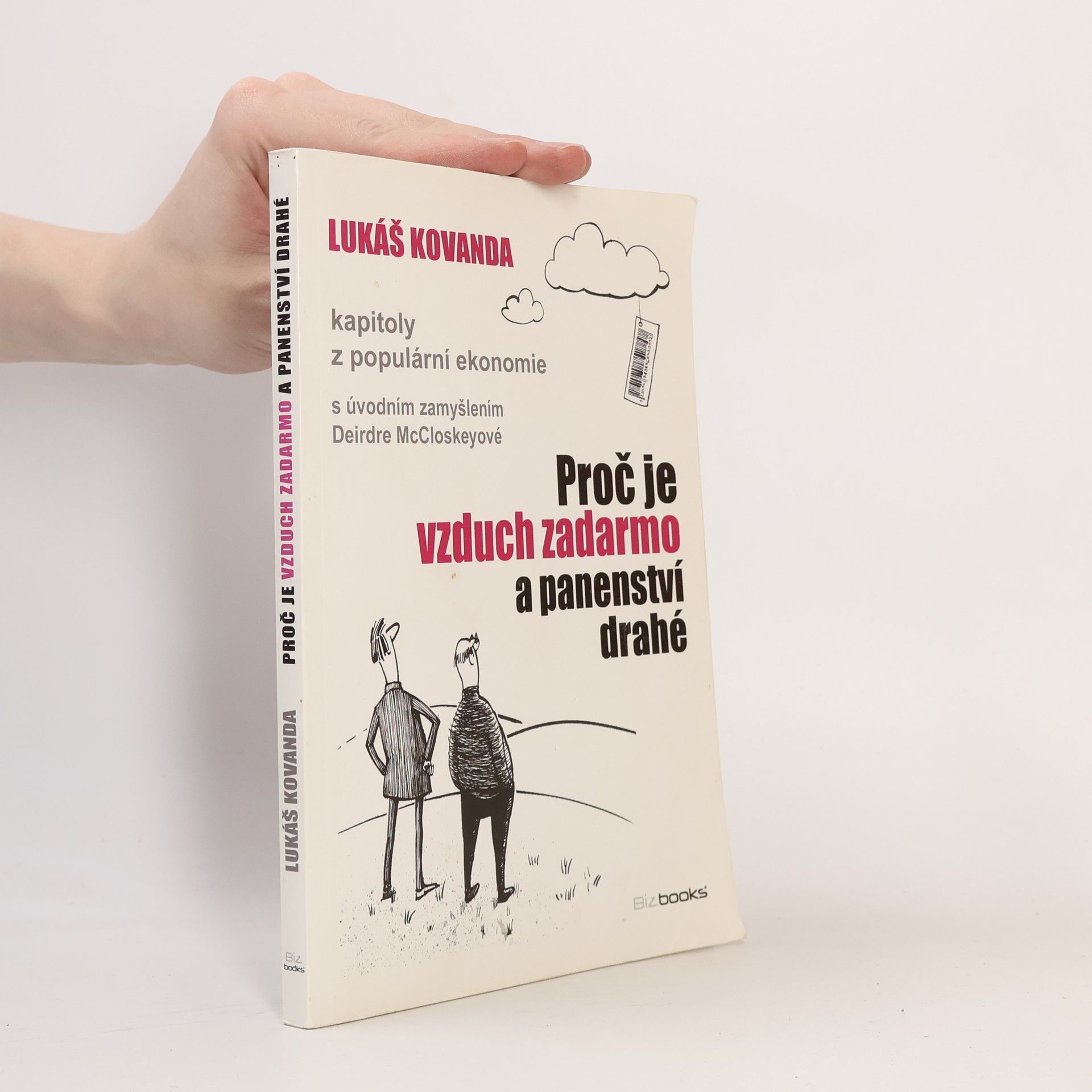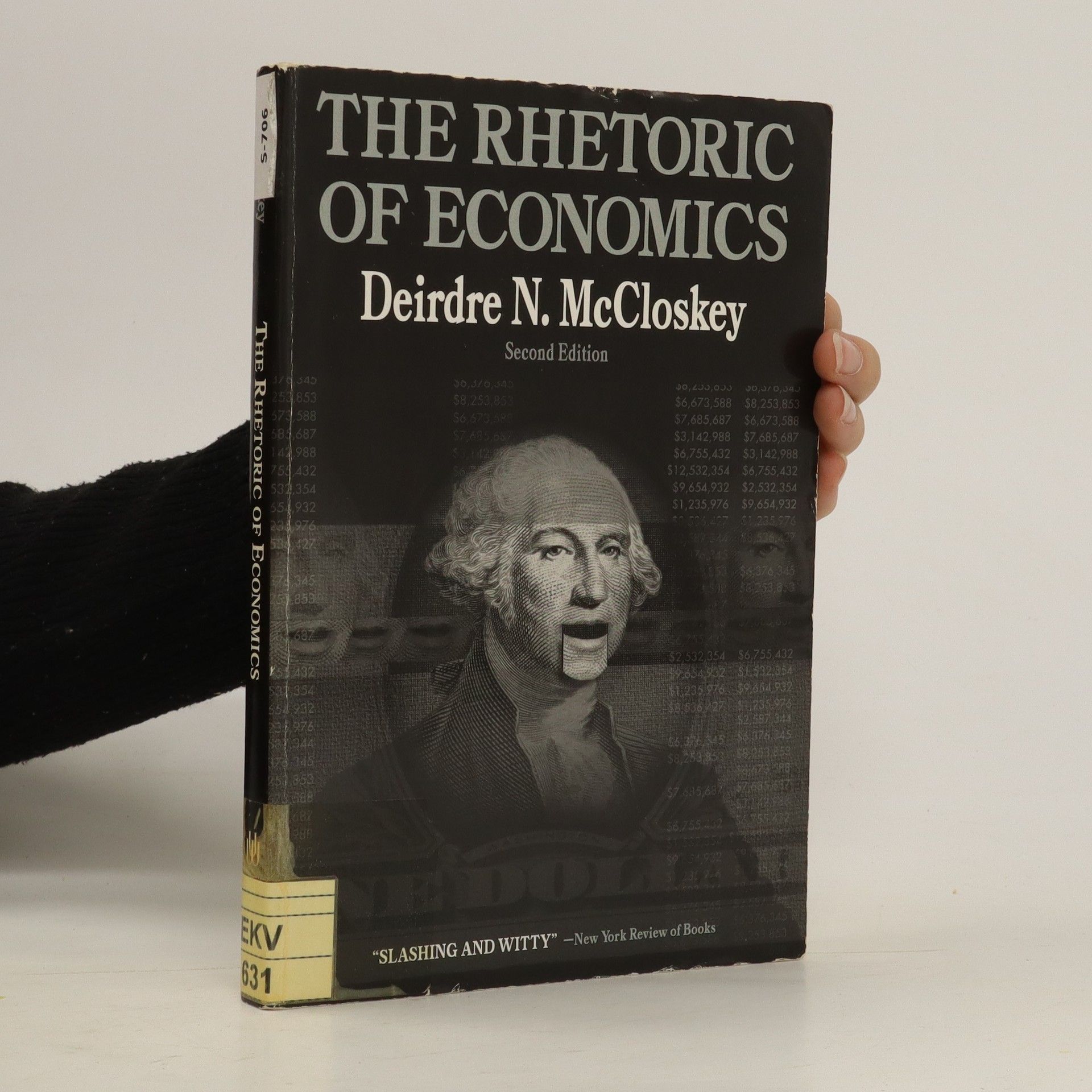Proč je vzduch zadarmo a panenství drahé : kapitoly z populární ekonomie
- 184 stránek
- 7 hodin čtení
Proč jsou obézní dívky svolnější k rizikovému sexu než jejich atraktivnější vrstevnice? Proč fyzicky atraktivní lidé dostávají půjčku na nižší úrok než ti méně vzhlední? Proč se metrosexualita finančně vyplácí a proč se modroocí muži ze severu Evropy v baru zpijí spíše než Španěl či Ital? I na tyto otázky dnes hledají odpovědi ekonomové – a kniha Proč je vzduch zadarmo a panenství drahé je plná odpovědí. Ekonomie je často vnímána jako potřebná, nicméně poněkud „sucharská“ věda. Lukáš Kovanda nechce bořit mýty. Možná je jen lehce nabourat. Cílem jeho „učebnice pop-ekonomie“ je dokázat, že ekonomie je vlastně docela zajímavá a třeba i vzrušující věda, která má hodně co říci k celé škále společenských otázek.
